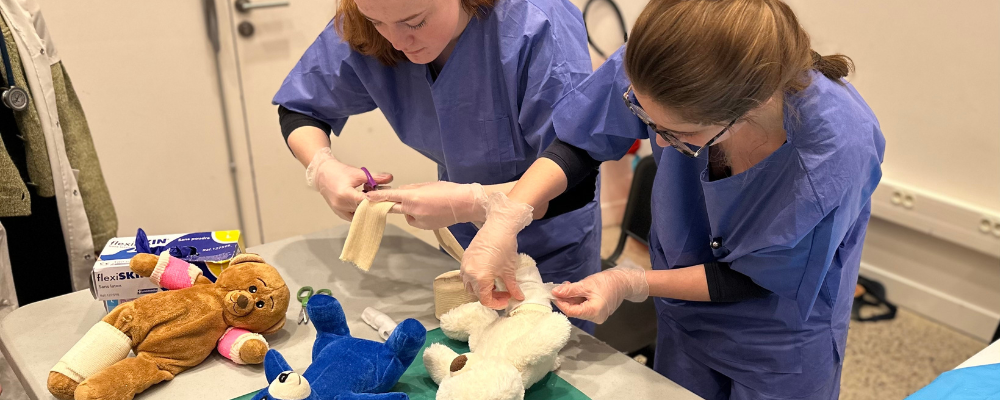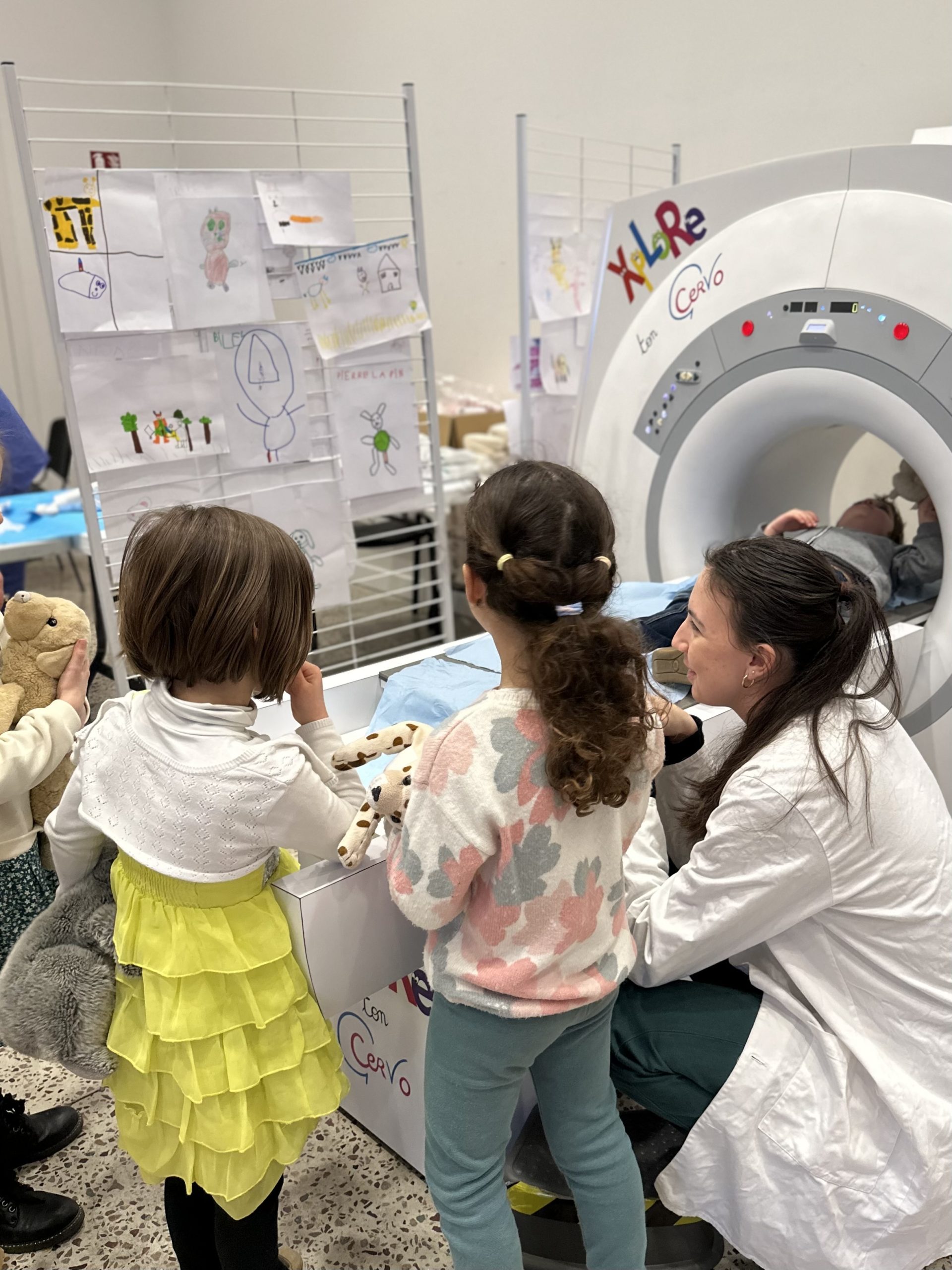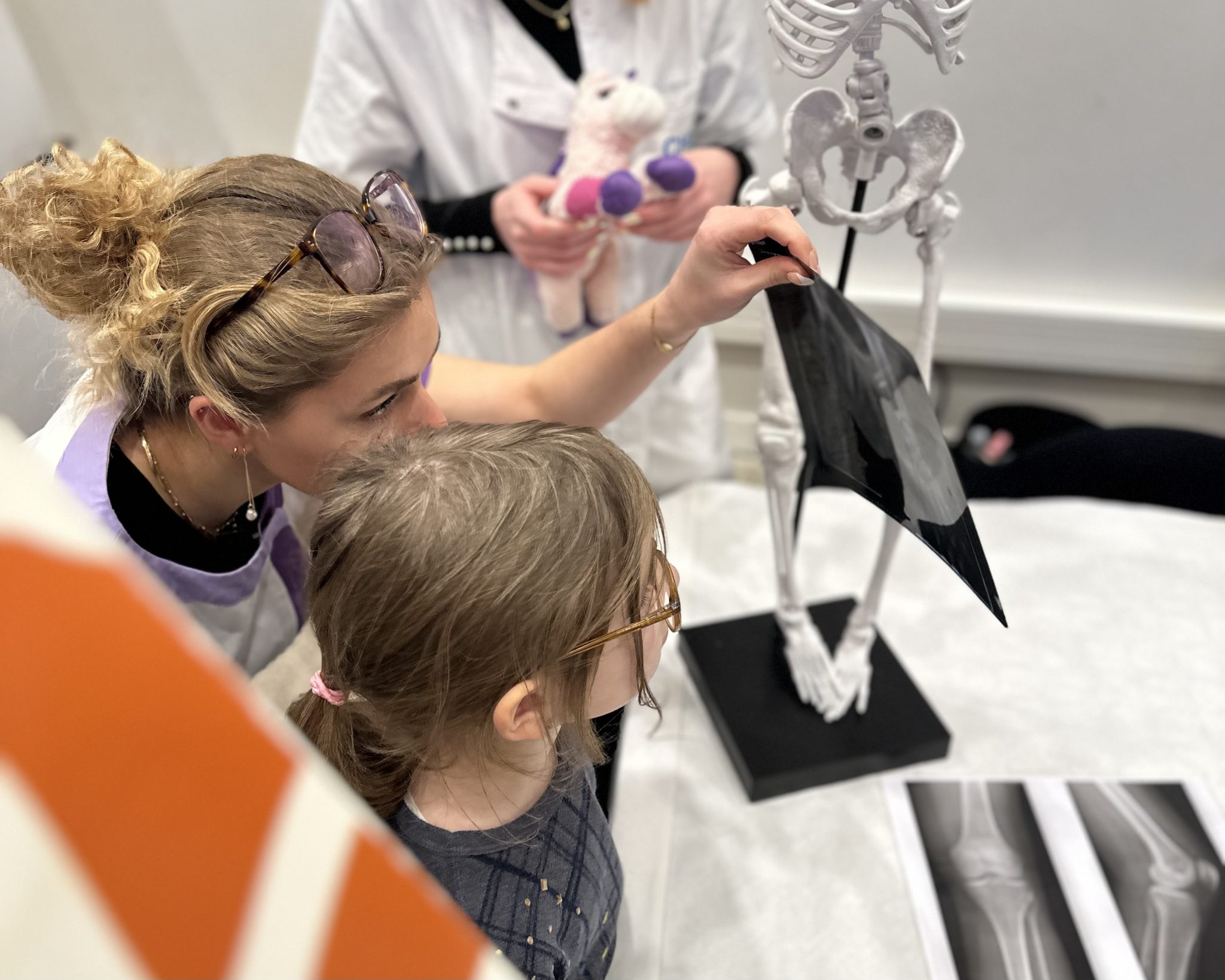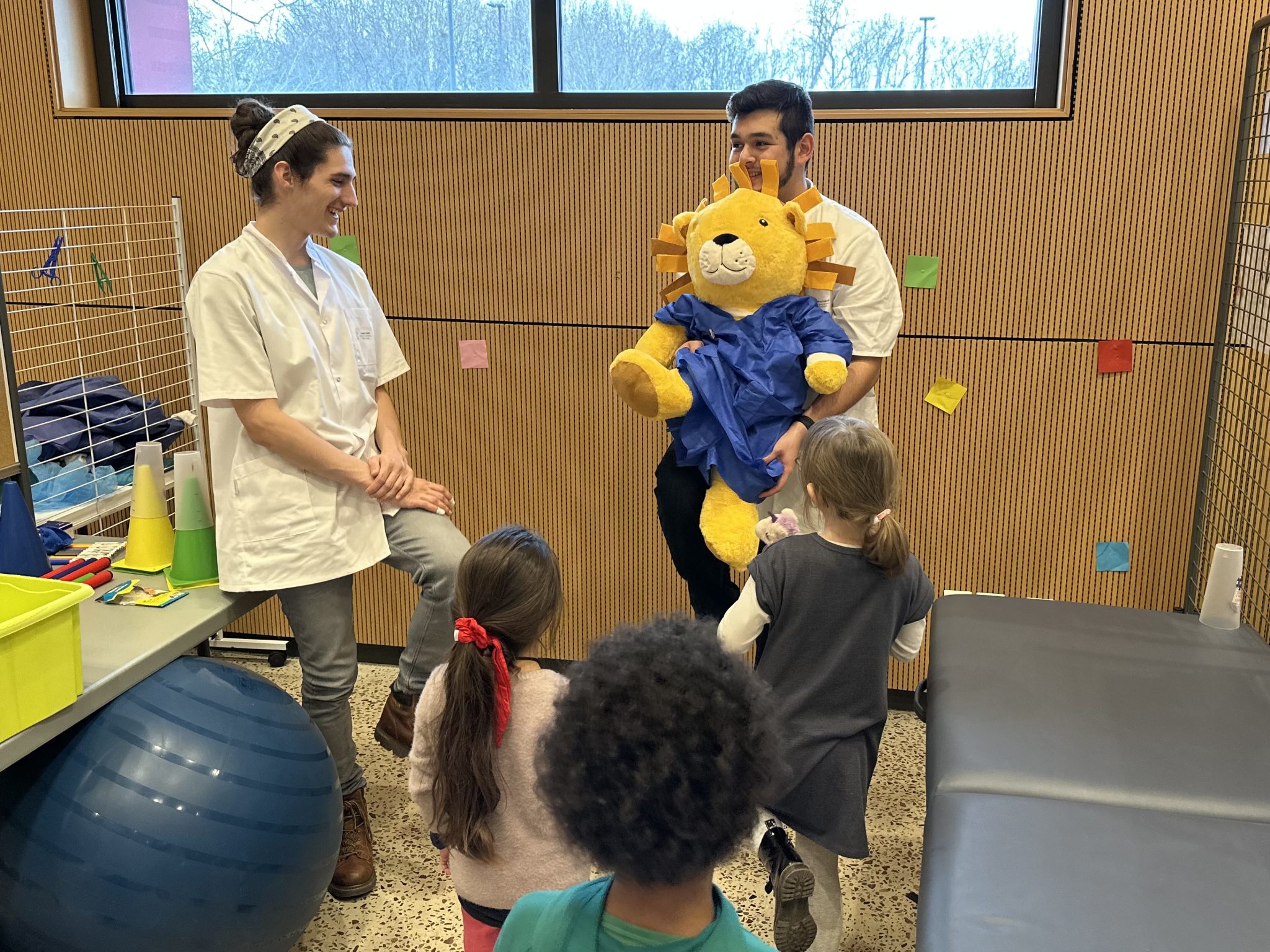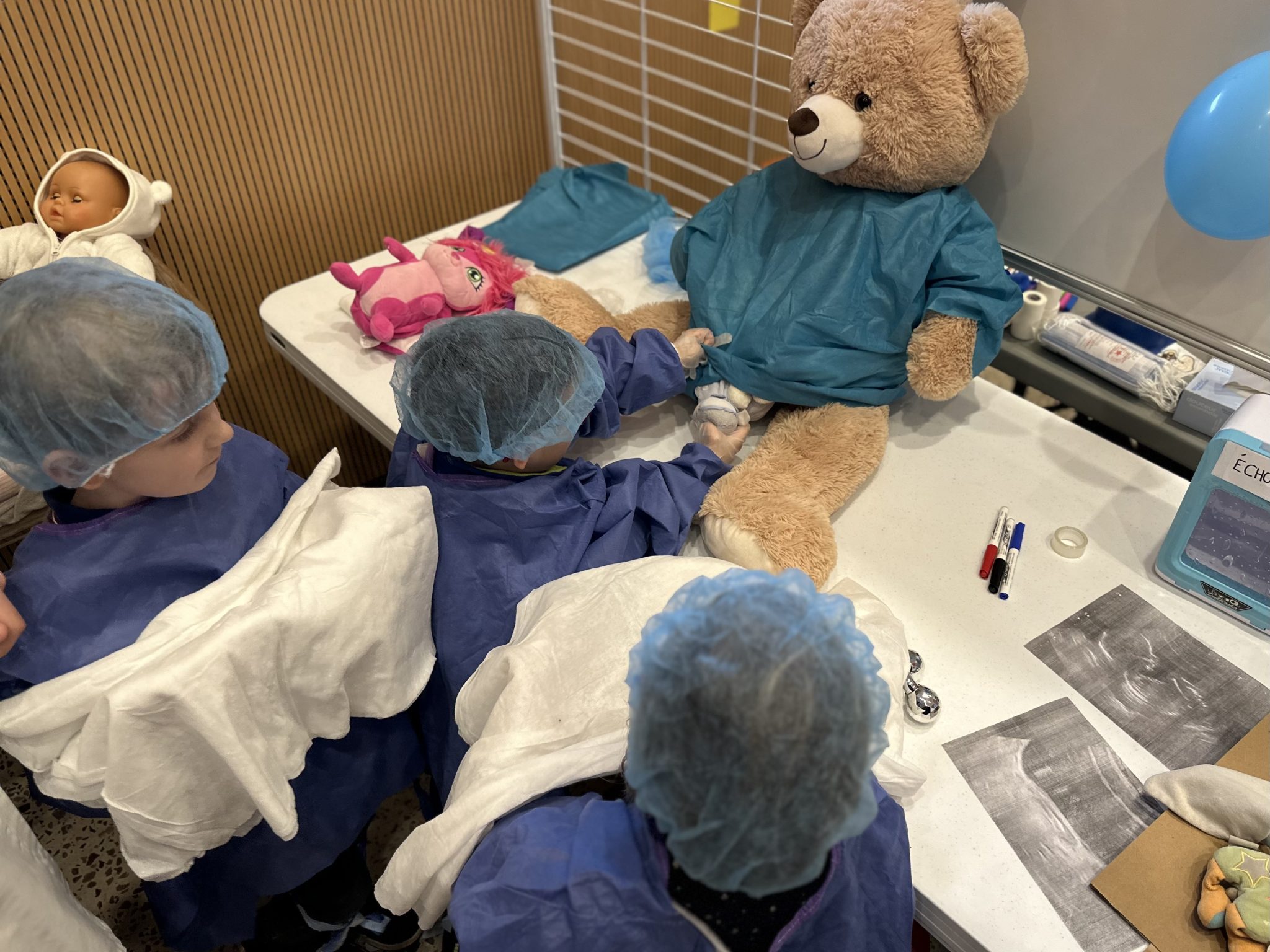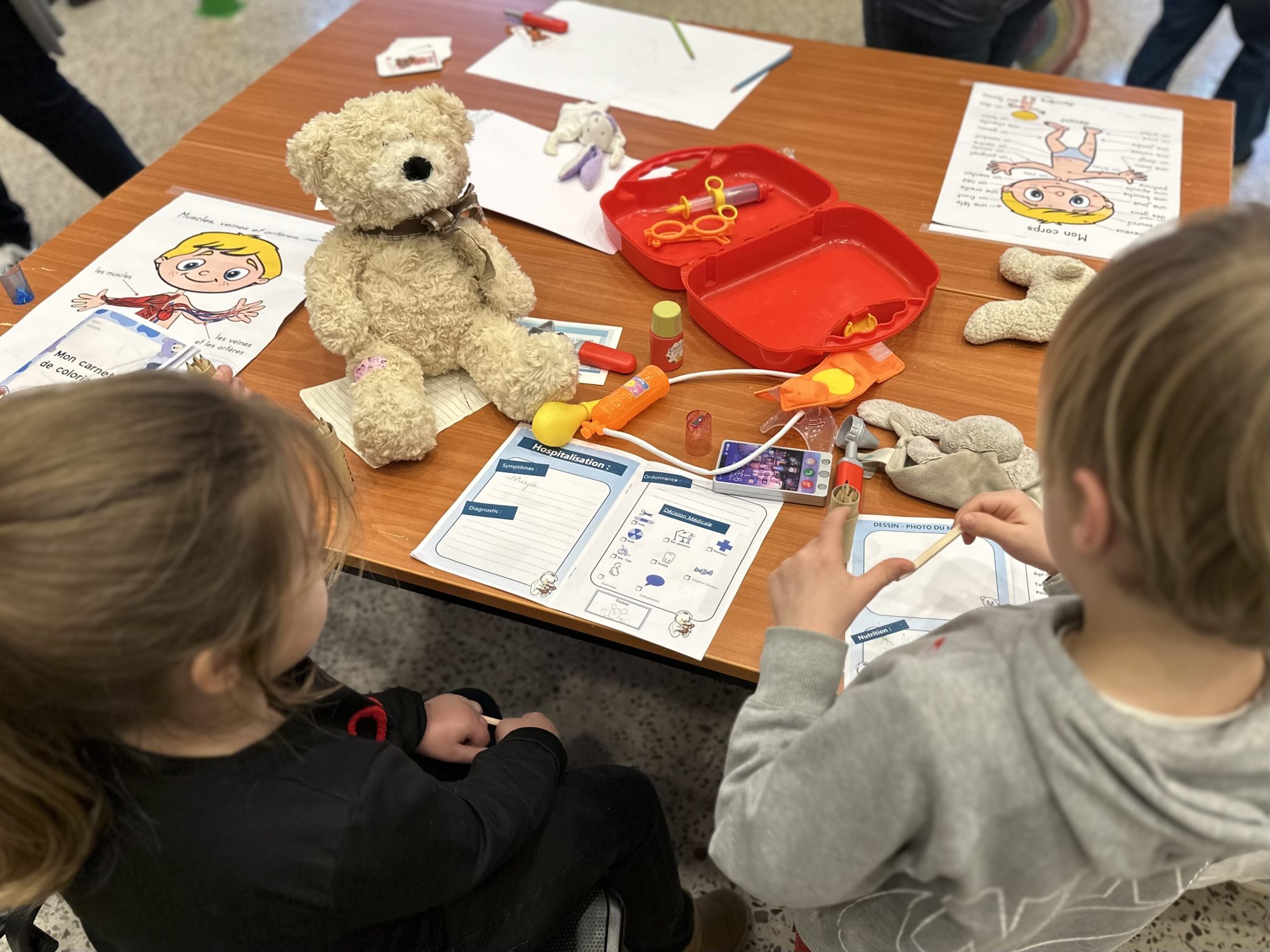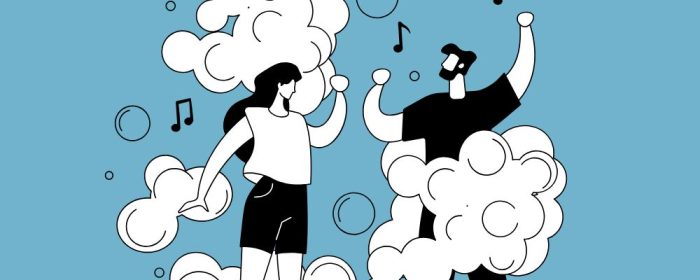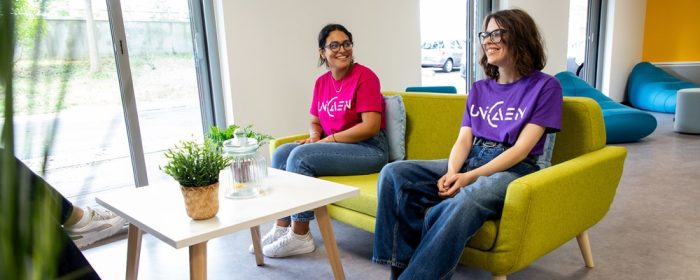The Teddy Bear hospital turned 20 years old in 2024. Throughout the years, this event has become a major meeting to help kids face their fears of medical procedures and discover the medical field. In Caen, the event is organised by the Medicine Corporation (SPEPSC).
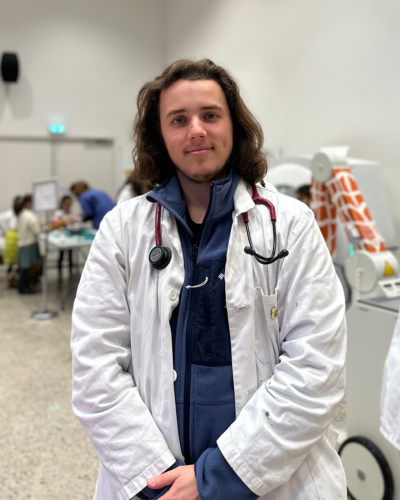
Interview of Aymeric, project leader for the Teddy bear hospital :
“I am in year 3 in Medical studies. I am interested in Paediatrics: I like working with patients, especially children. This event is very dear to me, because during 4 days, we meet schools of the Calvados region, with classes from pre-school to primary school, and we introduce them to the medical industry in a playful way.”
How does this event take place?
The Teddy bear hospital takes place in two steps. First, medical students like me spend one afternoon in the participating schools. We introduce the children to medical tools (stethoscope, reflex hammer, torch, white coat) and present posters showing the human body. The children each have their own teddy bear. We give them a mission: invent a sickness for the teddy bears.
The following week, the children come and spend half a day with us at the Health Faculty. We turn one of our big rooms into a hospital to take care of the sick teddy bears. In our hospital, each medical specialty has its own stand. Medical students act as teddy bear doctors, and lead groups of three children through the various stands of the hospital.
Why use a teddy bear?
Between 4 and 7 years old, teddy bears are central to a child’s life. We were trained by a clinical psychologist from the University hospital centre. She taught us about how teddy bears are comfort objects, what place they hold for children and what they bring to children. We also studied how children perceived sickness depending on their age – how they understand it and how to talk about it with them, especially about difficult topics such as death. To talk with children, you often have to adapt your speech to help them understand treatments, tools… You need to find the good words and good ways to communicate. Which is why we use teddy bears: they help us convey messages. We learned a lot with this training.
Why raise children’s awareness about the medical field?
Children are often afraid of doctors or dentists. On the one hand, because they don’t know them, and on the other hand because they associate meeting medical staff with a negative experience, maybe even a painful experience. Children remember injections, vaccines, caries… Moreover, since hospital are stressful places, children often have an impactful and negative experience the first time they go to emergency services. The aim of the Teddy bear hospital is to reduce fears of the medical environment by exposing children to a mock hospital, with treatments and staff. We hope that it will help children feel more comfortable in the future.
The whole event is designed to be playful. Children are given a health record to keep track of the teddy bear’s consultations. This serves multiple purposes: connect children with the medical environment, highlight how important a health record is and write down the emergency numbers (fire and police departments, ambulances…). The “toothbrushing” and “good teddy bear doctor” certificates act as souvenirs of the day. They also help kids to see daily toothbrushing as something positive.
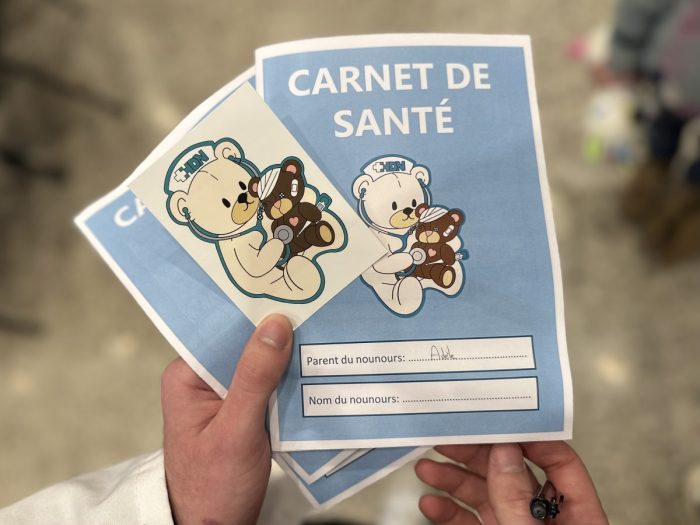
Who can take part in the event?
We meet with schools from the Calvados region, from pre-school to year 1 of primary school, as well as special needs schools. There is also a free slot for parents to come with their children. Schools can reach out to us all year long. We contact the participating schools shortly before the event and make sure every school who wants to can register.
What are the takeaways for medical students?
With the Teddy bear hospital, we learn how to convey a message, talk with children, especially find the words to make them understand medical environment and sicknesses. We also learn how children perceive things, and this will allow us to provide better care when we have to deal with children in an actual hospital.
We also learn to work with various medical specialties, which is something we rarely have time to do during our studies. The event is an occasion to meet each other, discover the specialties of the other medical students, and learn how to work together. The Teddy bear hospital is made up of students in year 2 and 3 of Medical studies and 7 other healthcare specialties within the university: dentistry, speech-language, midwifery, kinesitherapy, pharmacy, nursing and medial radiation.
The Caen Medicine Corporation organises many actions. Next up: the comeback of “A rose for Valentine’s day”. Each rose sold will fund a donation to SidAccueil, a Norman association that supports people living with HIV


